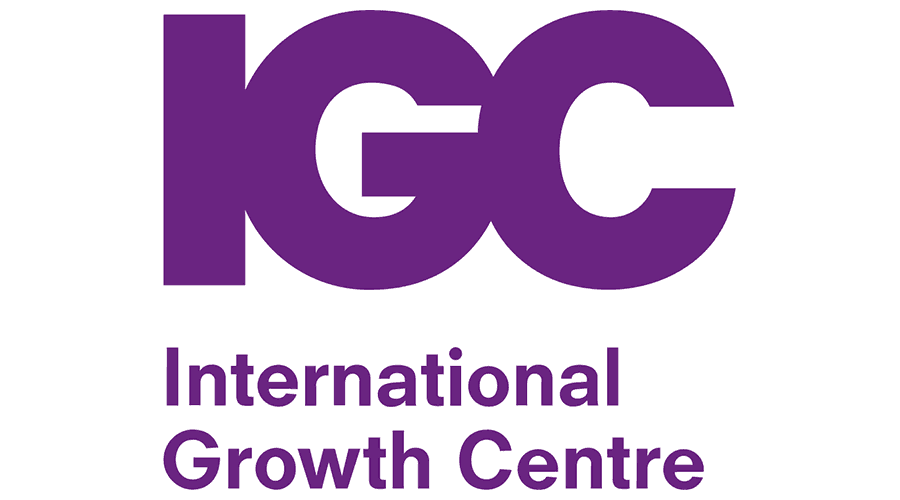Climate change is already increasing global temperatures, changing rainfall patterns, and resulting in more frequent and severe floods and droughts. Developing countries are most vulnerable to climate change, which can aggravate the effects of poverty and rapid urbanisation. Without effective policies for adaptation and mitigation, climate change may push hundreds of millions further into poverty and limit the opportunities for sustainable development. In order to formulate effective and equitable adaptation and mitigation strategies, governments must be equipped with a thorough estimation of the costs and benefits of various policies.
This requires an understanding of the social cost of carbon, i.e. the total monetary value of the damages imposed by the release of an additional ton of carbon dioxide into the atmosphere. It is, in other words, the cost of climate change, and its value includes damages from the destruction of property by storms and floods, declining agricultural and labour productivity, elevated mortality rates, and more.
This panel presents new evidence on the social cost of carbon with a particular focus on developing countries, as well as the impacts of climate change on human welfare. The event discusses the challenges involved in addressing climate change in developing countries, the most promising policy choices available to governments and civil society, and the various trade-offs involved in implementing them.
The webinar is part of the LSE Environment Week programme.
Event description is based directly on the source.
PAST EVENT
The impacts of climate change on human wellbeing in developing countries
Main Organiser
International Growth Centre (IGC)
Conference Partners
Economics of Environment and Energy Programme (EEE)
Other Events
 View all Events
View all Events

